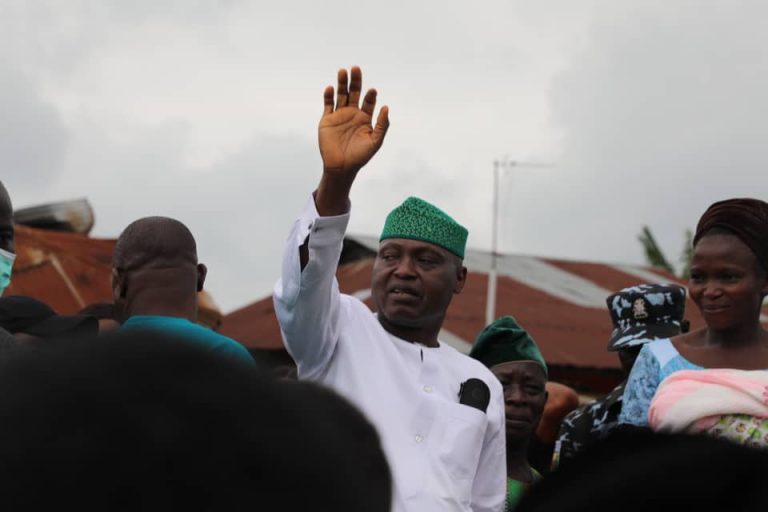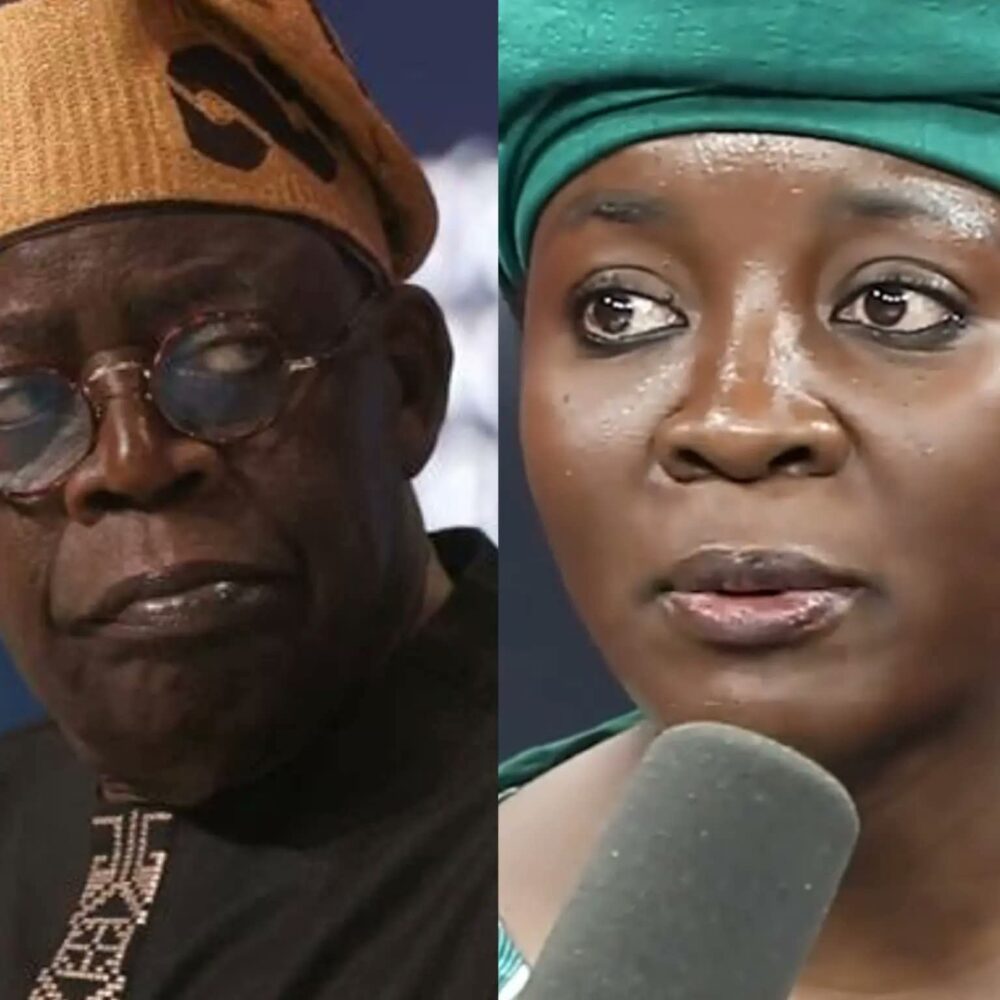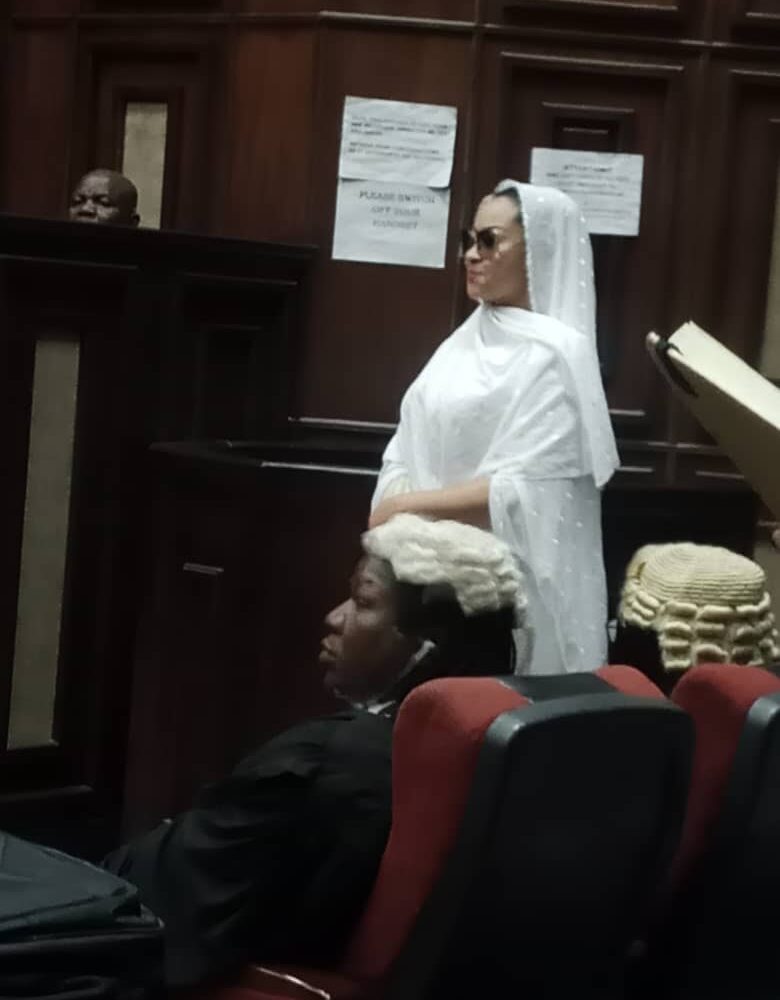President Bola Ahmed Tinubu recently proposed to the National Assembly a N2. 18 trillion supplementary budget – the details of which have generated much interest in the public domain, especially those aspects of the supplementary budget relating to expenditures not considered of urgent importance but now reintroduced into the existing framework. During the campaigns for the 2023 Presidential election, Tinubu as candidate had promised that he as someone with a financial background would pay careful attention to Nigeria’s borrowing profile, and that he would not increase the country’s debt burden by borrowing more for reasons of consumption. At the time, Nigeria’s debt burden was a problem: external debt stock was about $41. 69 billion in 2022, domestic public debt stock was in excess of US$100 billion.
The country’s Debt Management Office (DMO) even argued that the debt was sustainable, and that Nigeria in fact had one of the lowest debt-to-GDP ratios in Africa- in 2022, debt to GDP ratio in Africa was 56%, in Nigeria 38%. It was argued that Nigeria’s debt-carrying capacity was still strong. The World Bank recommends a tolerable debt-GDP ratio of 77%. We were told that debt should not be a problem, after all, the United States has a debt-GDP ratio of over 120 per cent and the country still functions. The counter-point to this, however, is the debt-service ratio. It was established by professional economists and the opposition in 2023, that debt-service was/is the major problem. By 2021, Nigeria was spending about 19% of its revenue on debt service; in 2023, this had increased to more than 90%. Nigeria, in 2023, had the fourth lowest revenue-GDP ratio in the world. Government revenue as a percentage of GDP is indeed abysmally low. With uncertainties in oil and gas revenues, and crude oil theft in the Niger Delta, Nigeria today is not so certain about its revenues. The default position has been to pay more attention to tax revenue.
Given this background, it is right to assume that the major priority for the Tinubu administration would be to address Nigeria’s debt burden and not worsen it, manage inherited circumstances prudently and give the people hope that there is truly a new dispensation in town. Nigerians during the elections beyond partisan considerations had hoped that the new administration that would emerge would reduce the cost of poverty, generate employment, promote economic growth, give jobs to the people, and generally reduce the cost of governance. There seems to have been a pervasive consensus that Nigeria is on the brink of insolvency, and that a new government by whatever label must act differently. The problem is not that President Tinubu asked for a supplementary budget. The questions are what for? how and why? At the recent Presidential retreat for leaders of Ministries, Departments and Agencies (MDAs), long awaited, unnecessarily delayed but better later than never all the same, the President said that borrowing is not a crime and that he was determined to borrow and increase Nigeria’s debt profile more or less. Even the dumbest economist on the street would tell you that countries can always borrow, but such borrowings must place the country in a situation where it can pay its debts, create budget surpluses, invest in infrastructure and support small businesses. A country can also borrow to diversify the economy for tangible benefits. No serious country borrows for luxury, consumption, or to indulge the taste of the men in power.
The current controversy about the Tinubu administration’s request for a N2.18 trillion supplementary budget must be seen in this light. The Communication process has been bad. The management of the aftermath has been negligent. The details go beyond what is in the public domain. The breakdowns show that the Federal Government is looking for more money for the Defence headquarters, the Nigerian Army, Nigeria Navy, Nigerian Airforce, Defence Intelligence Agency, Police Formations and Command, the Federal Capital City Administration, Office of the National Security Adviser, Department of State Services, State House, Federal Ministry of Works,, construction of Highways in the North East, North West, South East, South West, South South, Agriculture, Bridges Intervention, and the Federal Ministry of Housing. It must be noted that Nigerians have not complained about aspects of this supplementary budget that would be of benefit to the Nigerian people. They have complained however about aspects of the budget relating to luxury items particularly with regard to the needs of the Nigerian Presidency namely, the proposed request for N4 billion for the renovation of the residential quarters for the President in Abuja; renovation of the residential quarters of the Vice President (Abuja) – N2.5 billion; Renovation of Dodan Barracks, Lagos, Official Residence of the President – N4 billion, Renovation of Official Quarters of the VP (Lagos) – N3 bn, Construction of Office Complex in the Presidential Villa – N4bn; Purchase of Presidential Yacht – N5 bn; Purchase of Vehicles for the Office of First Lady – N1.5 bn; Purchase of SUVs for the Presidential Villa – N2.9bn, and Replacement of Operational Vehicles for the Presidency – N2.9 bn. These details have sparked outrage, and in an understandable sense.
When President Tinubu assumed office on May 29, 2023, he declared to Nigerians that fuel subsidy was gone. This has brought great and untold hardship upon the people: increase in the cost of living, with headline inflation now at over 26%, the highest in 18 years, crisis with the Naira which has been yo-yo-ing, against the dollar, further driving up the cost of living and the widespread pandemic of poverty in the country. The consistent message by the Tinubu administration is that the people should be prepared to make necessary sacrifice: things may be rough, we have been told, but they will get better surely, so we the people, must be patient. The sheer commonsense of it would be that while the people of Nigeria are facing serious hardship, their leaders who are prescribing austerity would also demonstrate that they are with them, on their side, and ready to suffer along with the people until the country gets out of the woods. More so, they have a President who has been there at the battle front of democracy, at the barricades, and who cannot claim that he does not understand how the people feel. His wife even recently boasted that she and her family do not need Nigeria’s money. So, what is the problem? Why do they want new cars and renovated quarters? Why can’t they wait?
The problem is that the President is sending wrong signals with regard to the issues highlighted above that need to be addressed. There is a tendency for people in government to live in the Rose Garden and dismiss the people as ignorant. This would be a wrong approach as it was in the past, as it is now, as it would always be. The people have both the need and the right to know. At the risk of over-simplification, it is the duty of government to continuously explain to the people and re-build their trust and confidence, even when the matter appears mundane, self-evident, and self-explanatory. One of the major risks of democracy is that those who govern may be dealing with a patently dumb population, but the people must never be treated as dumb, because they may be quick to learn and ask the right questions and their dumbness could become historical wisdom. True sovereignty in that regard belongs to the people. Power belongs to the people as the lesson has been learnt in such places as France in 1789, 1830, and 1848 and in Brazil in 1835, 1964 and 1972.
It is therefore important to listen carefully to what the people of Nigeria are saying. They seem to be saying that it is wrong for President Tinubu to tell them during the campaigns that brought him into office that he will reduce Nigeria’s debt stock, and would focus more on productivity, to now come around and announce that borrowing is not a crime. Nobody has ever said that borrowing is a crime. It is what you do with it that matters, and when you make a promise, you keep it – a matter of honour. We admit that most of the details in the supplementary budget are not controversial, except those sections relating to luxury. New vehicles for the office of the First Lady! What on earth is that? An average Nigerian who is finding it difficult to buy ordinary recharge card, or buy fuel, is bound to ask. They didn’t vote for Mrs.Tinubu, they seem to be asking. So why should her office show up in the budget of the Federal Republic of Nigeria? Again, the State House wants to change vehicles? Nigerians have had cause to draw attention to the example of President Hakainde Hichilema of Zambia who refused to change official vehicles after assuming office. There is a video of the Zambia President out there which simply says he wants to serve not to indulge in the pleasures of office. For those who are in doubt, at least one Nigerian newspaper has written a full editorial on the subject: The Daily Trust asks: “Why should the Presidency make a budget for a new fleet of cars for the First Lady’s entourage? What happened to the vehicles used by former First Lady Aisha Buhari? What happened to the pool cars used by former President Muhammadu Buhari? What happened to the cars used by former Vice President Yemi Osinbajo? How many times will the Presidential lodges be renovated?” (Monday, Nov. 6). But what really stands out, and made to look like a scandal is the reported plan to buy a yacht for the President under the budget of the Nigerian Navy. A Yacht for the President, at a time when the people find it difficult to pay for transportation? The outrage has been loud and deafening
As it happened, the House of Representatives resolved that the N5 billion earmarked for this yacht should be added to the proposed supplementary budget for students’ loans – in itself another controversial proposal, with the details so opaque. A budget is a proposal after all. It is not binding until it is appropriated by the National Assembly. But the narrative that later came out is that the controversial Presidential Naval Yacht was actually ordered by the Nigerian Navy under the previous Buhari administration. It was delivered in June 2023. It showed up in the 2022 Supplementary Budget proposed by President Tinubu because Nigeria has an obligation to pay on delivery. International transactions are governed by strict laws under the rules of international trade. Without being pedantic by quoting the rules and structures of international trade, it looks like in this particular transaction, Nigeria has bought itself a Presidential yacht. The country has an obligation to pay. The documents of sale have been received. The yacht has been delivered, and this really looks like a CIF sale. The seller is not obliged to worry about Nigeria’s domestic politics. The details of the contract of sale not being in the public domain, this is the best assumption that can be made.
However, what Nigerians must note is that Nigeria used to have a Presidential Yacht. Nigeria had a yacht called NNC Runa Yaro. It was later named AMARIYA. The luxury boat was seized from a former Governor of Rivers State and handed over to the Nigerian Navy. It was re-purposed for both luxury and training operations. President Shehu Shagari used it. General Babangida also travelled with the yacht once to the Republic of Benin to attend an ECOWAS meeting. President Olusegun Obasanjo hosted visiting Presidents on the vessel. In 2011, the vessel was decommissioned. Indeed in 2018, President Muhammadu Buhari had asked for the vessel to be used to take the Prince of Wales to sea only to be told that the vessel had been decommissioned. The Nigerian Navy was then told to source for a new option. This is the background, but it is not even the entire story. There is another story that the Nigerian Navy had in fact as far back as June 2010 asked the Nigerian Government, Dr Goodluck Jonathan was President at the time to review the Presidential Naval fleet and buy a new yacht ahead of the country’s 50th Independence celebrations. President Jonathan reportedly turned down the request.
Nigerians are angry again because not even the United States has a presidential yacht. The last Presidential yacht in the US, the USS Sequoia was decommissioned in 1977 by President Jimmy Carter and sold off. The key difference is that whereas the Americans have many options, most Nigerian Naval vessels cannot function. They are like the refineries. Even our flagship NNS Aradu cannot move, and with that being the case, Nigerians have every reason to be angry that anyone at all can talk about a yacht, the simple dictionary definition of which is about pleasure and luxury! Should there be a military challenge against Nigeria tomorrow, are we likely to go to the battle field with a luxury boat and Big Brother Naija actors? But we have bought a luxury boat guys, and we are obliged to pay for it. While other countries of the world are getting serious, we are busy thinking of luxury for staff and wives and…What a country! No yacht for President Tinubu.





